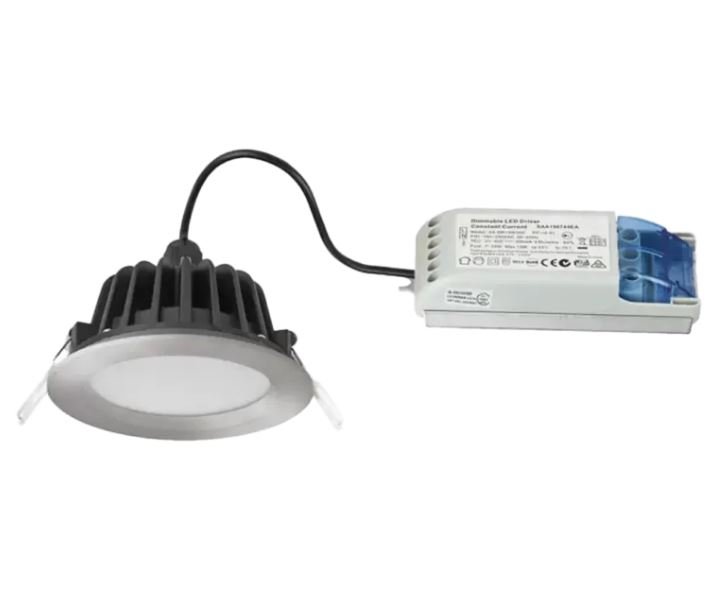Your Guide to Buying Interconnected Smoke Alarms in New Zealand
New Standards: November 2024
From November 2024, interconnected smoke alarms will become mandatory in all household units across New Zealand. These alarms are designed to work in unison—if one detects smoke or fire, all linked alarms will activate, alerting everyone, no matter where they are in the house. This shift aligns with NZS 4514:202, which defines guidelines for alarm installation, maintenance, and proper detector types to minimize false alarms.
Why Choose Interconnected Smoke Alarms?
Safety
If one alarm detects smoke, **all alarms activate** simultaneously, giving residents more time to escape.
This increases safety by ensuring everyone in the household is alerted, even if they are far from the fire’s origin.
Flexible Options
Hardwired Systems: Ideal for new builds, these alarms are wired into the home’s electrical system and linked through cabling.
Wireless Models: A great option for existing homes, these alarms communicate via radio frequency, making installation quick and cost-effective.
Compliance Requirements for Smoke Alarms
All interconnected smoke alarms installed in New Zealand must meet one of the following standards:
– AS 3786
– UL 217
– CAN/ULC S531
– BS EN 14604
– ISO 12239
When purchasing smoke alarms, ask for an SDOC (Supplier Declaration of Conformity) or consult an electrician to ensure compliance with New Zealand regulations.
Installation Guidelines
Smoke alarms must be placed strategically for maximum coverage:
Inside every bedroom
In hallways and living areas
On every floor of multi-story homes
Avoid placing alarms in the following locations to prevent false alarms or reduced functionality:
Near vents, air-conditioning units, or open windows
Within 300 mm of light fittings
If unsure about placement, consult a qualified electrician for advice based on your home’s layout.
Maintenance and Testing
To ensure optimal performance, follow these maintenance tips:
Monthly Testing: Press the “test” button to confirm the alarm is working.
Six-Month Cleaning: Use a soft brush to remove dust, cobwebs, and insects. Avoid liquid cleaners to prevent damage.
Top Interconnected Smoke Alarms to Consider
1. Wireless 10-Year Lithium Battery Interconnect Smoke Alarm
-Type: Photoelectric sensor for detecting slow-burning fires.
Features: Test button, hush feature, infrared silence option, alarm/fault indicator lights.
Connectivity: Supports up to 24 linked units.
Compliance: Certified to AS 3786:2014.
Battery Life: 10 years with a sealed lithium battery.
Warranty: 10 years.
2. Wireless Interconnect Smoke Alarm with Photoelectric Sensor
Ideal For: Bedrooms, living areas, and hallways.
Features: Hush mode, low battery warning, extra loud alarm tone.
Design: Available in black or white upon request.
Compliance: Meets NZS 4514:2021 and the NZ Building Code.
Battery: Long-life lithium battery built-in.
Warranty: 10 years.
Where to Buy Interconnected Smoke Alarms in NZ
1. Sparky Shop
Sparky Shop offers a range of high-quality interconnected smoke alarms from trusted brands like ORCA, GT Performance, and Brilliant.
2. Home Improvement Stores
Bunnings, Warehouse and Mitre10 stock various alarm models suitable for household needs.
3. Electrical Contractors
– Many electricians supply and install interconnected alarms, ensuring professional advice and installation tailored to your home.

![[downloader.la] 66172097af49e](https://rupicodes.blogtown.co.nz/files/2024/10/Downloader.la-66172097af49e.jpg)
